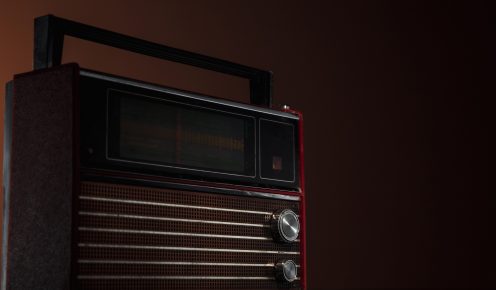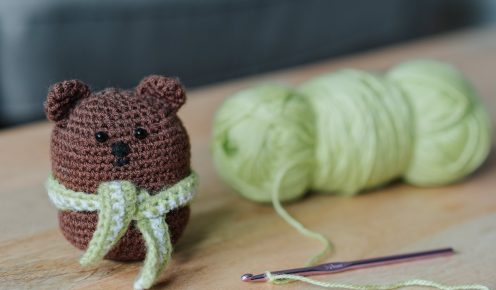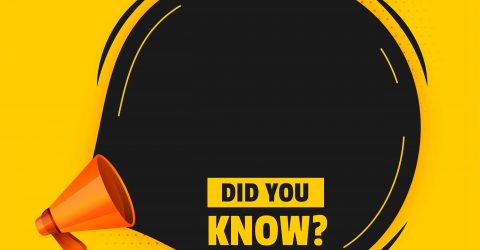Buying a used car instead of a new one is a great way to save money. Since new cars can lose up to 20% of their value as soon as they’re driven off the lot, you can get a great deal on a used car that’s only a few years old. Also, when there is various second-hand car finance available, you can often get a lower interest rate on a used car loan than you would on a new car loan. But how do you know if you’re getting a good deal on a used car? Here are a few tips:
1. Do Your Research
Before you start shopping for a used car, it is important to do your research and figure out what kind of car you want and what kind of price range you’re looking at. Once you know what you want, you can search for cars that fit your criteria. Also, look for used car reviews to get an idea of what kind of problems are common for that type of car. After you’ve narrowed down your search, you can start looking for specific cars.
2. Get a Vehicle History Report
Before buying a used car, getting a vehicle history report (VHR) is important. A VHR is a detailed record of a car’s past, including information about its ownership, maintenance history, and any accidents or other damage that has occurred. This information can be extremely valuable in helping you to assess a car’s value and condition. The good news is that obtaining a VHR is fairly easy; several companies offer this service, and most will provide an instant report online. Be aware that these reports can be inaccurate, so it’s important to do your research and choose a reputable company before purchasing a VHR.
4. Take It for a Test Drive
When you’re considering buying a used car, it’s always a good idea to take it for a test drive first. This will allow you to see how the car feels and handles on the road. It’s also a good opportunity to check under the hood and ensure everything looks in good working order. If possible, try to take the car for a spin on a variety of different roads, including highways and city streets. This will allow you to see how it performs in different driving conditions. Remember to pay attention to your gut feeling as well; if something doesn’t feel right, there’s a good chance it isn’t. Second-hand car finance can be used to fund the purchase of a used car.
5. Negotiate the Price
Once you have a budget in mind, you can start looking for a loan with favorable used car loan interest rates. When you find a car that you’re interested in, be sure to negotiate the price. The dealership will likely have some wiggle room, so getting the best deal is important. Keep in mind that the final price of the car will also include taxes and fees, so be sure to factor those into your budget as well. By taking these steps, you’ll be better positioned to get a great deal on a used car. Have someone with good negotiation skills on your team to help you out.
6. Get a Pre-Purchase Inspection
When you’re in the market for a second-hand car, getting a pre-purchase inspection (PPI) before making the purchase is important. A PPI is an inspection conducted by a qualified mechanic that assesses the car’s condition and identifies any potential issues. While many second-hand car dealerships will offer their own inspections, it’s always best to get an independent assessment. That way, you can be sure that the inspector is impartial and has your best interests at heart.
7. Get It in Writing
Second-hand car finance can be a great way to save money on your next car purchase. However, it is important to get everything in writing before you agree to anything. This way, you can be sure that you are getting what you expect and that there are no hidden fees or charges. Read the contract carefully and ask questions if anything is unclear. Having a lawyer look over the contract before you sign it is also a good idea. Taking these precautions can help you avoid any problems down the road.
Conclusion
When you’re shopping for a used car, there are several things to keep in mind. By following these seven tips, you can make sure that you get the best deal possible on a vehicle that meets your needs. Be sure to research before making a purchase, and take the time to test drive any car you are interested in. Negotiating the price is also important, so be prepared to bargain. And finally, do not forget to get everything in writing before signing any contracts. Taking these steps will help ensure a smooth transaction when buying a used car.













